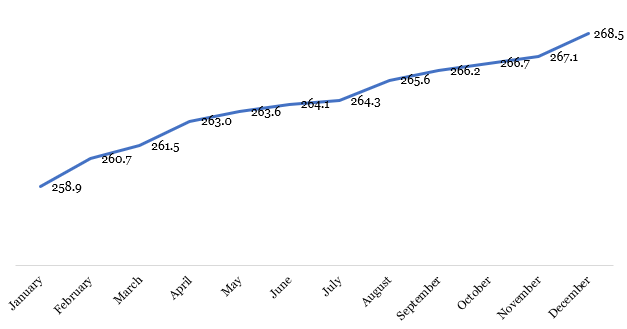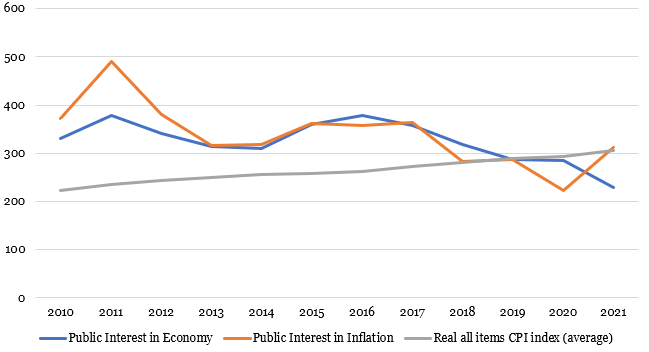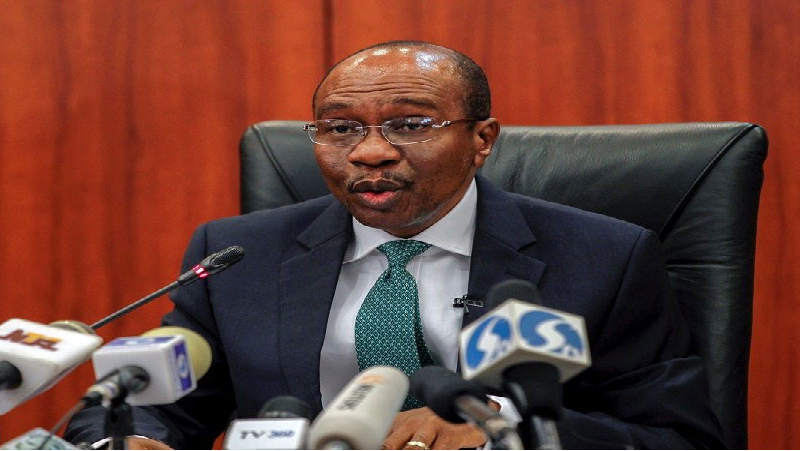Polaris bank has been sold. The buyer paid N50 billion and will repay another N1.3 trillion over 25 years: “As part of its intervention, the CBN injected consideration bonds with a face value of N898 billion into Polaris Bank through AMCON. The fund, which was injected to save the bank from collapse and to enable its recovery and stability, has a future value of N1.305 trillion that will be repaid by the bank’s new owners in 25 years.”
The most valued bank in Nigeria (Zenith Bank) is worth N634.209 billion (GTBank* is worth N543.005 billion). This is a really intriguing deal for a 3rd-tier banking institution considering that the landscape is changing rapidly. GTBank* has lost more than N400 billion of its value in the last few years. In other words, these companies are losing their moats due to the avalanche which fintechs are bringing. I wish Polaris Bank good luck on this 25-year commitment!
Next time, AMCON/CBN, do not bail out any bank. What you need to do is: secure 100% of depositors funds and allow other stronger banks to buy pieces of anything of value in that bank. Simply, at the end, the bank ceases to exist in any way because it has failed, but NO DEPOSITOR will lose money. If we follow that playbook, Nigeria will not be wasting money.
And I repeat – do not be bailing out failing banks. I expect more than 40% of current traditional banks to leave the scene by 2035 in Nigeria as technology reshapes the ecosystem. So, we need to have a clear policy on how to manage that transition.
“The sale was coordinated by a Divestment Committee (the ‘Committee’) comprising representatives of the CBN and AMCON, and advised by legal and financial consultants. The Committee conducted a sale process by ‘private treaty’, as provided in section 34(5) of the AMCON Act to avoid negative speculations, retain value and preserve financial system stability.
“In the process, parties who had formally expressed an interest in acquiring Polaris Bank, subsequent to the CBN intervention in 2018, were invited to submit financial and technical proposals. Invitations to submit proposals were sent to 25 pre-qualified interested parties, out of which three parties eventually submitted final purchase proposals following technical evaluation.
“All submissions were subject to a rigorous transaction process from which SCIL emerged as the preferred bidder having presented the most comprehensive technical/financial purchase proposal as well as the highest rated growth plans for Polaris Bank,” the statement said.
Comment on Feed
Comment 1: Prof while I agree that the CBN should not bail any bank. For this I will make an exception. Our economy has been in and out of comma (recession) since 2016, meaning that a bank failure (liquidation) could lead to more failures (investor & customer panic withdrawal) which would be a national catastrophe. CBN has tried to manage a total collapse by shielding the sector.
Example,the CBN had to manage a situation about one of the systemic important banks (SIB) for some years just to avoid a shock in the sector. If they had gone the way of 1997/98 liquidation of banks in Nigeria, I suspect that our situation would have been difficult to comprehend. Just my thought.
- Though I believe some banks will either acquire, merge or be bought by fintechs in the near future.
My Response: I am not sure Skype is a consequential bank. I am not sure it has up to 2% of total deposit base. This is not First Bank, Access, UBA, etc. In 2009, US allowed 140 banks to fail but supported important 3-4. They setup Too Big to Fail classification. My point is that Nigeria cannot be wasting limited assets on marginal banks. Sure, you cannot allow First Bank to fail but more than 70% of microfinance banks started in the last 20 years have failed. We must tighten what we bailout.
Comment 2: Prof you are not correct this time, the FINTECH are not encroaching on any bank profit. Reason being that: None of the FINTECHs has come out to show the public a positive ROI except interswitch. Are are their private shareholders/Investors smiling to the bank?. Apart from Interswitch kindly name profitable FINTECH coy. all we hear is revenue/capitalisation. For instance remember Kuda bank. The Fintech are very quick to go raise funds and later ……..
My Response: I am not sure that is how accountants do that. TeamApt has processed $53 billion transaction volume. Say they take 2% as fee, that is huge. But due to growth, let us assume, they are not profitable, it does not mean they have not taken something away from the banks. That Uber is not profitable does not mean it is not taking profits away from tax drivers. Fintechs do not need to be profitable to extract value out of banks. Amazon was not profitable for more than a decade and still destroyed physical stores in America. They used their profits to finance growth.








